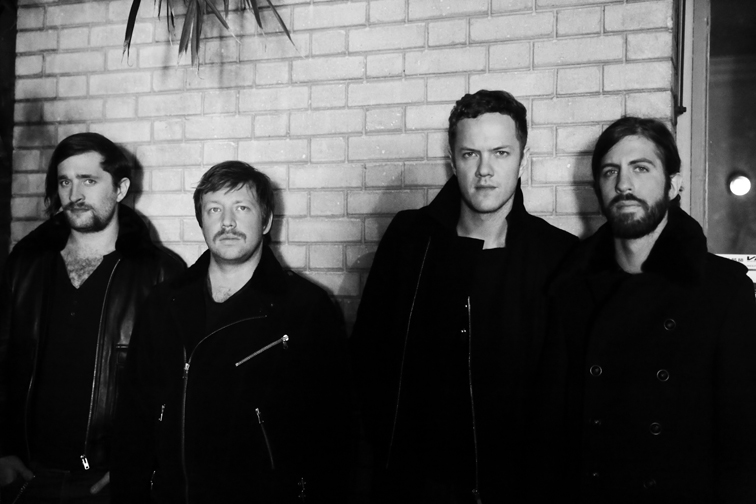"The Majors"
The music industry is dominated by four
multi national corporations
Universal
| James Bay |
| Here is a list of a few people that are signed to Universal : |
 |
| Imagine Dragons |
| Ellie Goulding |
---------------------------------------------------------------
Sony Music
| Paloma Faith |
| Here is a list of a few people that are signed to Sony: |
| Foxes |
| Kings of leon |
---------------------------------------------------------------
Warner Brothers
 |
| Here is a list of a few people that are signed to Warner Bro's: |
| Echosmith |
| Cher |
| Kylie Minogue |
---------------------------------------------------------------
EMI
 |
| Bastille |
"EMI is one of the greatest names in the history of music, with roots stretching right back to beginnings of recording. EMI has always been at the forefront of music around the world, bringing artists as diverse and influential as The Beatles, Queen, Pink Floyd, Robbie Williams, The Beach Boys and Maria Callas to international prominence. EMI was acquired by UMG in 2012."
•These are referred to as ‘The Majors’. The
majority of these are backed by conglomerates with stakes in other industries
such as; Film, TV and Electronics.
•Most of these ‘Majors’
own, or license, a series of smaller subsidiary companies in order to reach
different kinds of audiences in different kinds of genre.
•Columbia
•Island
•Syco
•RCA
•Virgin,
•These companies are known as ‘major-independents’.
•There are a huge number of small companies
with little or no financial connection to the majors.
• These companies often concentrate on a
small number of acts, within specialised niches in the industry.
•These are called ‘Independents’. An example of a highly successful
independent is ‘Domino Records’. (Find
out all you can about this Record label).
•It is often that record labels begin as
independents, but then are bought by a major and then become
major-independents.
Types of music
Artisits can be divided into two catagories Organic and Sythetic.
Organic
The term "organic" is used to describe bands where the music comes first, they make the kind of music
they want to make and then the record labels (if signed) try and sell this music to the correct market
segment. "Organic" music often appeals to a niche, but can appeal to a mass audience too.
The Beatles / Radiohead are a good example of an organic band. The band members knew each other
and had a shared love of music. The music came first- then the fame!
The term "organic" is used to describe bands where the music comes first, they make the kind of music
they want to make and then the record labels (if signed) try and sell this music to the correct market
segment. "Organic" music often appeals to a niche, but can appeal to a mass audience too.
The Beatles / Radiohead are a good example of an organic band. The band members knew each other
and had a shared love of music. The music came first- then the fame!
| The Beatles |
 |
| Radio head |
The Beatles lived and played in Hamburg for a year when they were beginning.
|
The ‘Synthetic’ refers to manufactured groups ( ‘X Factor’ methodology), and it is the record labels
that sit in the driving seat. A gap in the market is identified, and
then it is exploited by the
development of music, and often the artist, to suit
this gap.
An American synthetic group was created to rival The Beatles called The Monkees. They were chosen
and put together via auditions and they had their music written for them to ensure their success and that
they made money by appealing to their audience.
| The Monkees |
Money is the ultimate goal in this
operation. Acts such as
“One
Direction” / “The Spice Girls” are a
good examples of “manufactured” artists.
The band One Direction was manufactured by Simon Cowell on the show X-factor. Each artist had independently auditioned and they were all put together to create a band that Simon Cowell thought would be successful with audiences. Since then they have been instructed how to dress and what songs to sing to ensure their popularity with their intended target audience to increase sales of their album. For example the song "Little things" was written by Fiona Bevan and Ed Sheeran.
| One Direction |
No comments:
Post a Comment